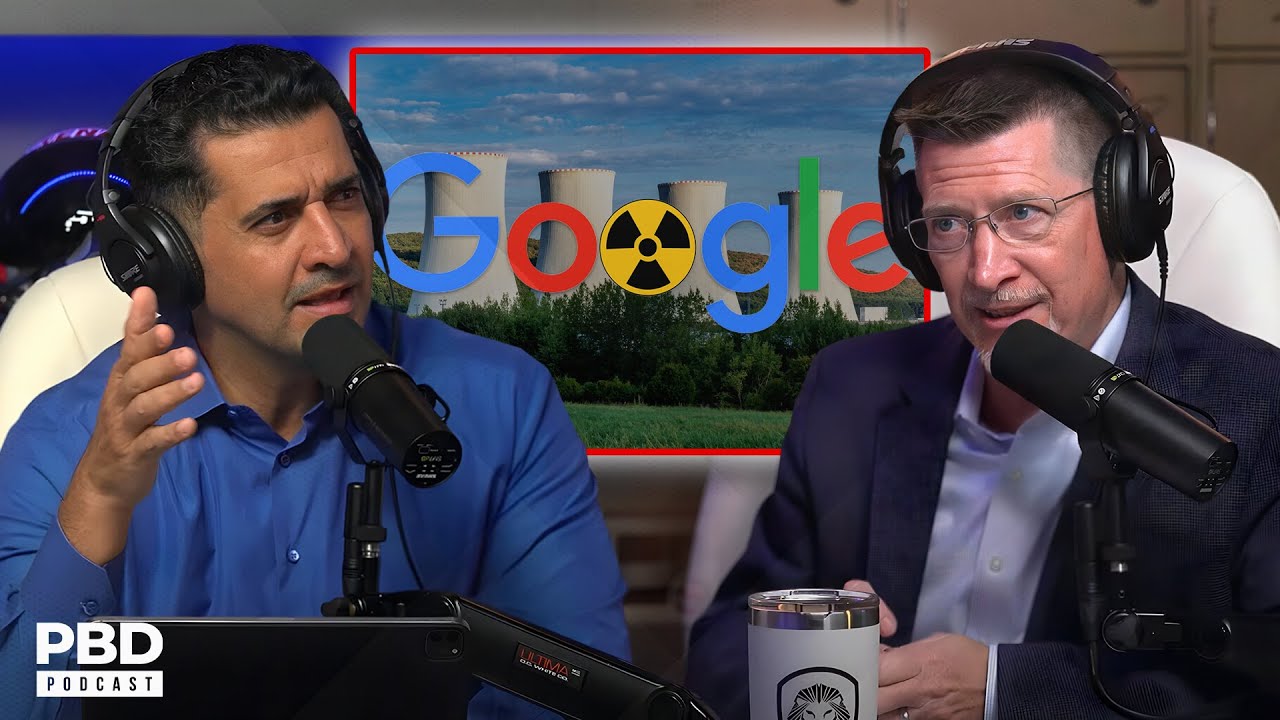Google is partnering with Kyros Power to build seven small nuclear reactors, aiming to generate 500 megawatts of power by the end of the decade to support its AI data centers and achieve 24/7 carbon-free energy. The initiative highlights the need for reliable energy sources amid increasing demands, particularly in California, and encourages a reevaluation of nuclear power as a viable solution to the energy crisis.
In a groundbreaking move, Google has announced its support for Kyros Power in the construction of seven small nuclear reactors, which are expected to generate 500 megawatts of nuclear power by the end of the decade. This initiative aims to provide a sustainable energy source to power AI data centers and contribute to the goal of achieving 24/7 carbon-free energy. Michael Terrell from Google emphasized the importance of nuclear energy as a complement to renewable sources like wind and solar, as well as lithium-ion storage, in addressing the growing energy demands of technology.
The project will begin with a 50-megawatt reactor, followed by three additional plants featuring two-megawatt reactors each. Unlike traditional nuclear reactors that use water as a coolant, Kyros Power’s reactors will utilize molten fluoride salt, which is more efficient and significantly smaller—about 1/20th the size of conventional reactors. Manufacturing and testing of these reactors are currently taking place in Albuquerque, New Mexico, with plans for delivery between 2030 and 2035.
The discussion also touched on the increasing energy demands in the U.S., particularly in California, where the rise of electric vehicles (EVs) and the need for air conditioning during hot summers have strained the power grid. The concept of “brownouts” was explained, where power companies reduce electricity supply to prevent blackouts, highlighting the urgency for more reliable energy sources. This context underscores the necessity for innovative solutions like nuclear power to meet future energy needs.
The hosts expressed their surprise and intrigue at Google’s venture into nuclear energy, noting the contrast between a tech giant like Google and countries with limited nuclear capabilities, such as Iran. They discussed the potential implications of Google becoming a significant player in the nuclear energy sector, raising questions about geopolitical dynamics and the safety of nuclear technology. The conversation also reflected on the public perception of nuclear energy, which is often clouded by historical accidents and fears.
Ultimately, the hosts praised Google’s initiative as a positive step towards embracing nuclear power, which they believe could lead to more companies following suit in the near future. They emphasized the importance of re-evaluating nuclear energy as a viable and effective solution to the growing energy crisis, while also acknowledging the need for public education to alleviate fears surrounding nuclear technology. The discussion concluded with a light-hearted promotion of their merchandise, showcasing the blend of serious topics with a casual, engaging presentation style.
